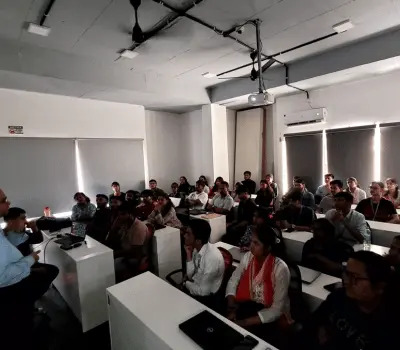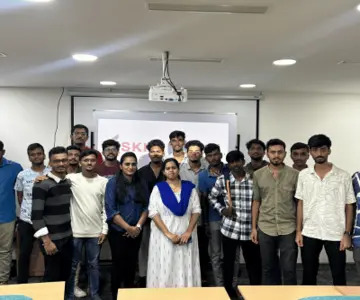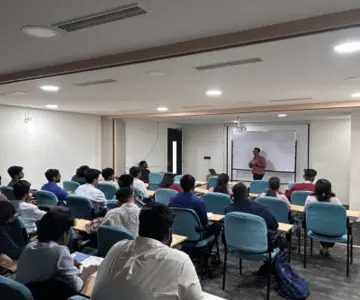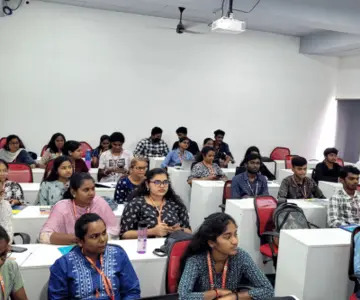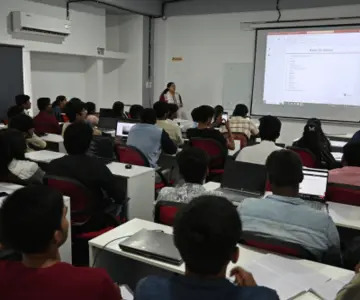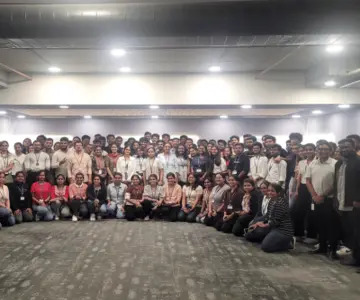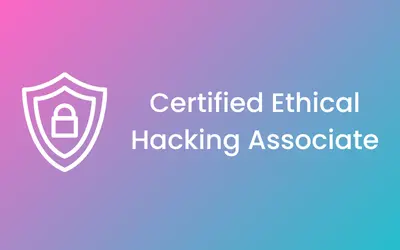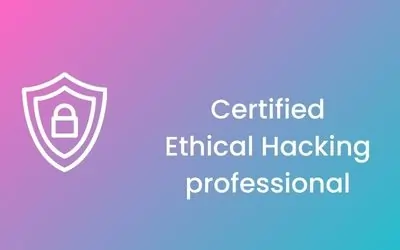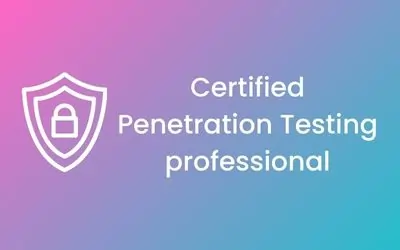CYBER SECURITY TRAINING IN MADURAI
-

-
(12083 Reviews)
-
Exciting Career Options: Discover amazing job opportunities in Madurai's cyber security industry. Get ready for top positions like security analyst or ethical hacker.
-
Key Skills for Success: Learn essential skills such as network protection, identifying threats, and managing risks to keep businesses safe online.
-
Practical Training Opportunities: Build real-world experience with internships at top companies. Sharpen your abilities and boost your confidence for a successful career in cyber security.















